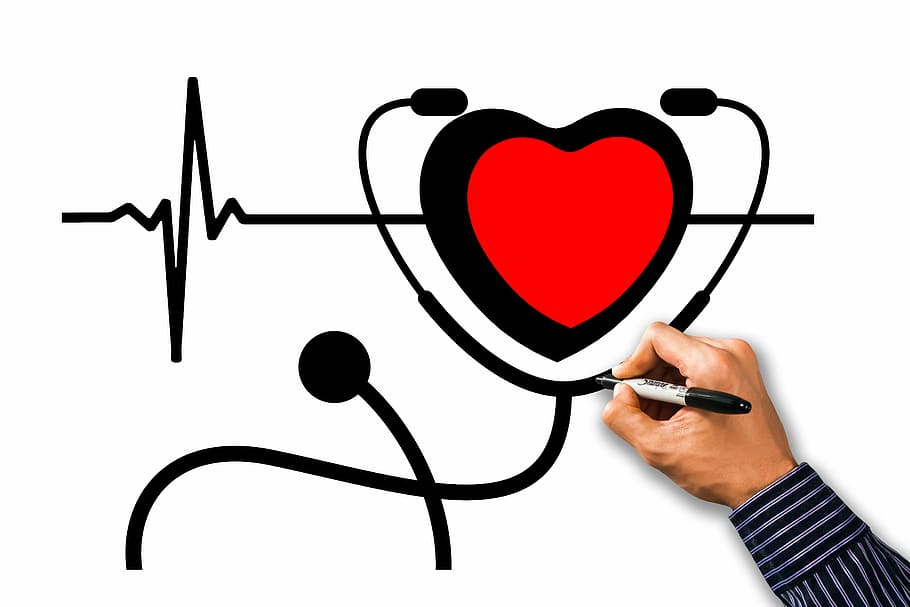By Mili Jayadeep | Science Editor
Hypertrophic cardiomyopathy(HCM) is a condition that causes thickening of the heart muscle, thereby resulting in reduced blood flow lowering heart function. Due to the interaction of motor proteins within the muscle, the heart contracts to a heightened extent resulting in abnormal stiffness of the muscle. The need for effective treatments for HCM is crucial as it is a condition that affects one in 500 individuals.
Current treatments do not alter the structure or function of the heart caused by the HCM disease process. Previously used therapies also have no impact in preventing heart failure in these patients.
A new study published in Circulation conducted by a team of researchers at the University of Michigan reveals findings of a medication that shows improvement in functionality and reduction in muscle thickness for patients suffering from HCM. Sara Saberi, the assistant Professor of internal medicine and cardiologist at Michigan Medicine Frankel Cardiovascular Centre explains the studyÔÇÖs aim:┬á
“This is the first study to show a favorable impact of a medication on cardiac structure and function in any form of hypertrophic cardiomyopathy”┬á
The drug under a class known as myosin inhibitors, called mavacamten is currently undergoing clinical trials. Its mechanism involves preventing myosin protein from affecting the action of motor proteins. Consequently, the heart can resemble its function closer to that of healthy heart muscle. Its action encourages smoother blood flow within the heart vessels. These promising results demonstrate the treatmentÔÇÖs the potential due to its ability to target the underlying problem in heart functionality.
This team previously published their results in the Lancet, based on a randomised controlled trial involving patients undergoing treatment with this drug. Their results showed great benefit to these patients, following a 30-week period of drug administration. Other advantages of this drug included improved exercise capabilities, which is an indicator of improvement in heart function.
The hearts of the study participants were assessed using MRI cardiac imaging to reveal promising results. Saberi says,
┬á“Cardiac MRI has such incredible visual and spatial resolution that you can accurately examine the heart’s mass, volume, ejection fraction, or how well the blood is pumping, and fibrosis, which is the scar burden in the heart muscle.”
These results look promising for the future treatment for HCM. The future of this research involves ongoing study into this treatment and a phase three trial investigating non-obstructive HCM. This medication has to successfully surpass the extensive research stages of clinical trials before it can be made available for administration to patients suffering from HCM.








Add Comment